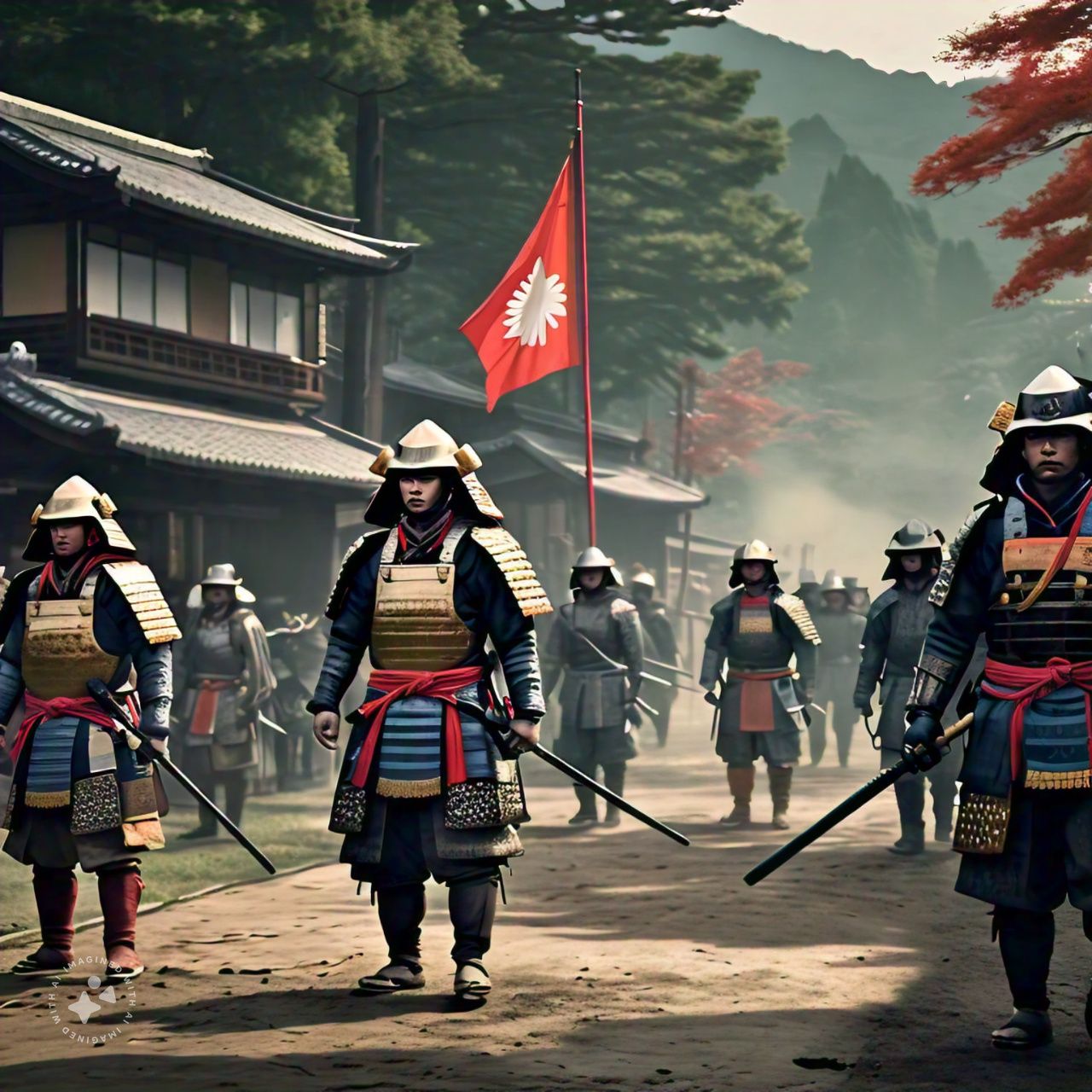The Meiji Restoration (1868)

The Meiji Restoration, which began in 1868, was a pivotal period in Japanese history that marked the end of the Tokugawa shogunate (military government) and the restoration of imperial rule under Emperor Meiji. This era, which lasted until 1912, was characterized by significant political, social, and economic transformations that rapidly modernized Japan. Key Aspects of the Meiji Restoration Political Change: Abolition of the Shogunate: The Meiji Restoration dismantled the feudal system and the military government that had ruled Japan for over 250 years. The shogunate's power was replaced by a centralized government under the Emperor. Creation of a Modern State: The new government adopted a constitution and established a parliamentary system, including the creation of a modern bureaucracy and the reorganization of provinces into prefectures. Social and Cultural Reforms: Feudal Abolition: The rigid class system was dismantled, which allowed for greater social mobility. The samurai class, who were traditional military nobility, lost their privileges and status. Education and Westernization: The government promoted universal education and encouraged the adoption of Western technologies and practices. This included sending students abroad and inviting foreign experts to Japan. Economic Modernization: Industrialization: The government prioritized industrial development, investing in infrastructure such as railways, telegraphs, and factories. This transformation laid the foundation for Japan's emergence as an industrial power. Land Reforms: Land reforms were implemented to modernize agriculture, which included the privatization of land and the introduction of new farming techniques. Military Reforms: Modern Military: Japan established a conscription system and developed a modern army and navy. This was part of the broader goal of strengthening national defense and ensuring Japan's sovereignty in an era of Western imperialism. Impact of the Meiji Restoration The Meiji Restoration had profound and lasting effects on Japan and the world: Rise as a Global Power: By modernizing its economy and military, Japan emerged as a significant global power. This status was solidified through victories in conflicts such as the First Sino-Japanese War (1894-1895) and the Russo-Japanese War (1904-1905). Cultural Transformation: While adopting many Western practices, Japan also experienced a resurgence of interest in traditional culture, leading to a unique blend of old and new. Inspiration for Other Nations: Japan's rapid modernization served as a model for other countries in Asia and beyond, demonstrating that non-Western nations could modernize and compete on the global stage. The Meiji Restoration is often seen as the beginning of modern Japan, setting the stage for its 20th-century history and its role in the world today.